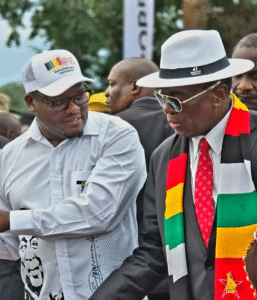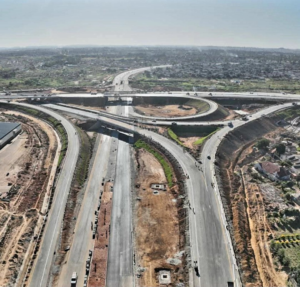A NATION UNITED IN GRIEF: ZIMBABWEANS MARCH AGAINST POLITICAL VIOLENCE
In a deeply moving display of unity and shared sorrow, the Citizens Coalition for Change (CCC), Zimbabwe’s primary opposition force, converted the somber occasion of a funeral into a potent protest against the endemic political violence plaguing their nation. The streets of Mabvuku were alive with the sound of songs and chants as leaders and supporters came together to pay tribute to Pastor Tapfumaneyi Masaya, a fervent political activist whose promising life was abruptly ended by a heinous act of violence.
The heart-wrenching demise of Pastor Masaya serves not merely as a personal tragedy but as a grim reminder of Zimbabwe’s prolonged battle with political violence. On November 11, he was kidnapped by state agents, and his mutilated body was found three days later, cruelly abandoned on the outskirts of Harare. This barbaric act mirrors the rising tide of abductions, torture, brutality, and murders, growing more frequent as the country approaches the December 9 by-elections.
Historically, Zimbabwe’s political landscape has been scarred by unrest, with violence intensifying around election times. The recent upsurge in aggression points to a worrying trend, overshadowing the forthcoming elections. The funeral procession for Pastor Masaya, therefore, evolved beyond a simple act of mourning into a significant political statement. The CCC, through its march and songs, not only honored Masaya’s memory but also voiced their collective condemnation of the ongoing cycle of violence that besets Zimbabwean politics.
This demonstration by the CCC symbolizes the larger fight for democracy and human rights in Zimbabwe. The opposition’s demand for justice finds echo in a populace exhausted by fear and repression, yearning for change and stability. Pastor Masaya’s death has ignited a movement, sparking debate over the necessity for political reform and the protection of fundamental human rights and freedoms.
With the by-elections on the horizon, the atmosphere of intimidation and violence presents grave challenges to conducting free and fair elections. The international community and local civil society organizations have voiced their concerns about the rising tensions and their potential effect on the electoral process.
The Zimbabwean government now faces a critical juncture, with the choice to address the root causes of political violence and restore confidence in the democratic process or to continue on a trajectory that could further disenfranchise its citizens and attract global censure.
In honoring Pastor Masaya and many others who have fallen victim to similar fates, the clamor for peace, justice, and reform has reached a crescendo. As the nation grieves, it also looks forward with determination to challenge the existing state of affairs and strive for a future where political engagement does not result in violence and suppression.
Pastor Tapfumaneyi Masaya’s death transcends being merely another statistic in Zimbabwe’s history of political violence; it stands as a beacon for change, a call to arms for all who dream of a more democratic, equitable, and peaceful Zimbabwe. The road ahead is laden with obstacles, yet the unity and resilience exhibited during the funeral procession offer a glimmer of hope for a nation in desperate need of transformation.




